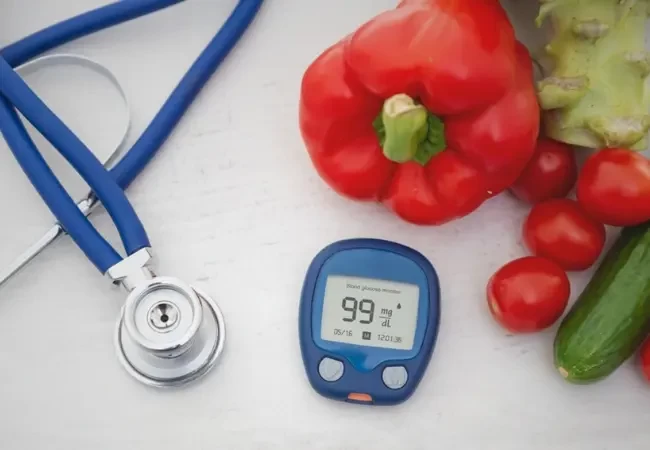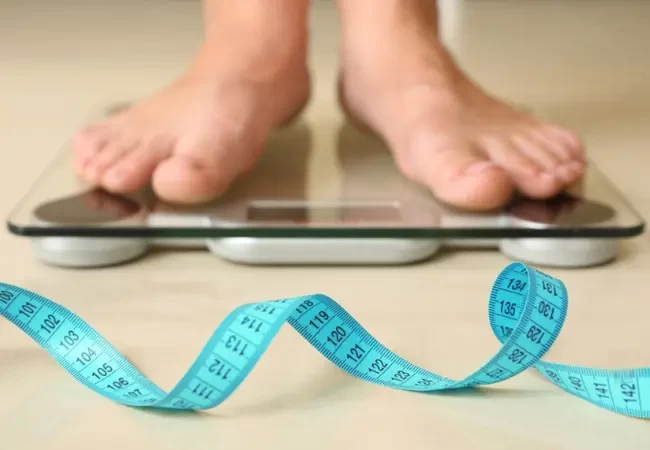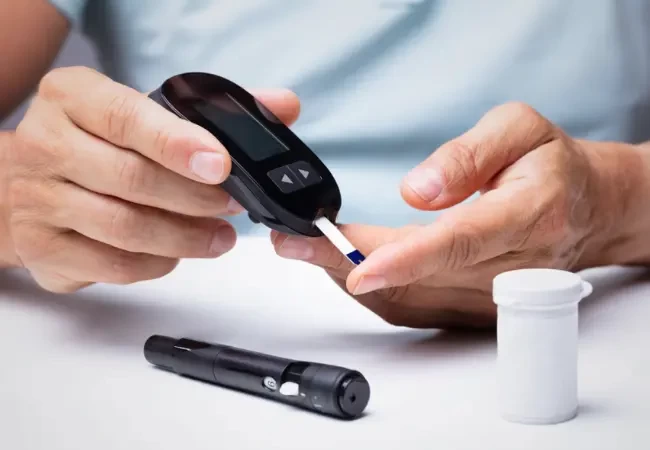Blog
Hormonal Problems in Children

Hormonal Problems in Children: Causes, Symptoms, and Treatment
 Medically reviewed by: Dr. Tom Babu, Medical Director - Written by Jasni Salim - Updated on 03/12/2024
Medically reviewed by: Dr. Tom Babu, Medical Director - Written by Jasni Salim - Updated on 03/12/2024As parents, we naturally pay close attention to our children’s health, school performance, and emotional well-being. However, one important aspect that’s easy to miss is their hormonal health. Hormonal imbalances in children happen more often than we think, but their signs can be subtle or mistaken for normal growing-up changes. The good news is that early diagnosis and treatment can have a huge impact. In this blog, we will discuss the causes, symptoms, and treatments of hormonal problems in children, so you can recognize the signs early and help your child grow healthy and strong.
Hormonal Problems in Infants (Under 1 Year)
Hormonal problems in infants are usually detected early through screening, as many newborns undergo a thyroid test to identify potential issues. A common concern in this age group is hypothyroidism, where thyroid hormone levels are low. While less common, some infants may also have high thyroid hormone levels.
Another issue is hypoglycemia, where blood sugar levels are too low, which can lead to serious complications if not treated early. Additionally, problems with adrenaline and blood pressure can occur, leading to low sodium levels and low blood pressure.
Thanks to advances in medical care, these conditions can now be diagnosed and treated early. For example, congenital hypothyroidism, which used to cause serious developmental issues, like brain damage, can now be effectively managed with timely medical treatment. In the past, conditions such as neurocritical issues and mental retardation were more common due to delayed diagnosis.
Hormonal Issues in Toddlers (Ages 2 to 5)
As children grow, hormonal imbalances can show up in their growth patterns. One common issue is short stature, where a child’s height is much less than their friends. While genetics play a big role in height, hormonal problems, such as issues with the thyroid or growth hormones, can also affect growth. Early identification and treatment can help improve your child’s development.
Another concern is diabetes in toddlers. Type 1 diabetes, where the body can't produce insulin, is especially concerning in young children. If a child shows signs like frequent urination, dehydrated skin, or fatigue, it’s important to consult a doctor right away.
Hormonal Problems in Adolescents (Ages 10 and Up)
Puberty brings significant hormonal changes, which is why adolescents often experience fluctuations in their sexual hormones. For girls, common issues include delayed or absent breast development and irregular or missed menstrual periods. For boys, problems may include lack of body hair growth and delayed height or overall development.
Hormonal imbalances can show up through various symptoms that might not immediately seem related to hormonal health. For instance, learning difficulties or memory problems in children could be a sign of a thyroid imbalance. Similarly, fatigue, skin issues, and hair loss might suggest problems with calcium or other hormone levels.
One of the most noticeable signs of hormonal issues in children is height problems. Parents may find it difficult to determine if their child's height is within a normal range, especially when comparing them to friends or children from different cultural backgrounds. It’s important to remember that average height can vary due to genetics and ethnicity. However, if a child's height is significantly below the expected range for their age, it’s a good idea to consult a doctor. Growth charts, which pediatricians use, can help monitor a child’s progress and detect potential growth problems.
Hormonal Problems and Puberty
For girls, menstruation usually starts between the ages of 9 and 14. If it is delayed beyond this range, it could indicate hormonal imbalances affecting the reproductive organs or the brain’s regulation of puberty.
For boys, there may not be obvious signs of hormonal imbalance during puberty, which can make it harder to identify potential issues. This is why regular checkups and growth measurements are so important. Monitoring growth and development during this time can help catch any concerns early.
Obesity and Hormonal Imbalances
Obesity is another major factor impacting hormonal health in children. It has been linked to early puberty in both boys and girls. Additionally, obesity can contribute to conditions like PCOS and insulin resistance, which affect hormone production.
Managing weight through a healthy diet and regular physical activity can greatly reduce the risk of obesity-related hormonal problems in children. Encouraging these habits early on can help promote better hormonal balance and overall health.
Conclusion
By being attentive and knowledgeable, parents can play a crucial role in ensuring their child’s optimal hormonal health and development. Early intervention can make a significant difference in their long-term health.
Silverline Hospital is here to help. Our team of caring and experienced doctors provides a safe space to discuss any health concerns. As a leading hospital in Kochi for hormonal health, diabetes, and endocrine issues, we offer expert treatment and care for all our patients.
With our specialized care in pediatric endocrinology, we provide confidential and personalized attention for all hormonal health concerns. Together, we can ensure your child’s healthy development and well-being. Contact Silverline Hospital today to schedule an appointment or learn more about our services.

More Blogs
-

When Should Diabetics Eat? Expert Tips on Meal Timing and Blood Sugar Control
Learn how diabetics can optimize meal timing to better control blood sugar. Expert tips for healthier, more balanced living.
-

Facing the Fear: Understanding Psychological Erectile Dysfunction Before Marriage
Discover the causes and solutions for psychological erectile dysfunction before marriage. Gain insight, support, and confidence for a healthy relationship.
-

Why Overweight Individuals Should Embrace Early Dinners
Ready to lose weight smarter? See why early dinners are a game-changer for overweight individuals aiming for lasting health and weight control.
-

Overweight? Start with This One Powerful Lifestyle Change
Struggling with weight? Most of us eat our heaviest meal of the day at night, usually after 9 or even 10 PM.
-

How Blood Sugar Control Can Save Your Heart: What Every Diabetic Needs to Know
Blood Sugar Control & Heart Disease: What Diabetics Should K


 Home
Home  Booking
Booking
 Chat Now
Chat Now  Call Us
Call Us